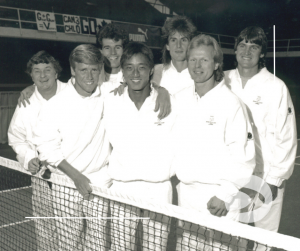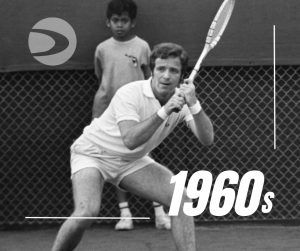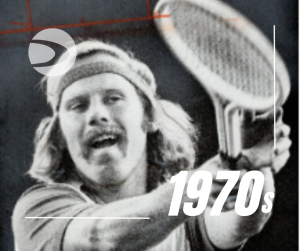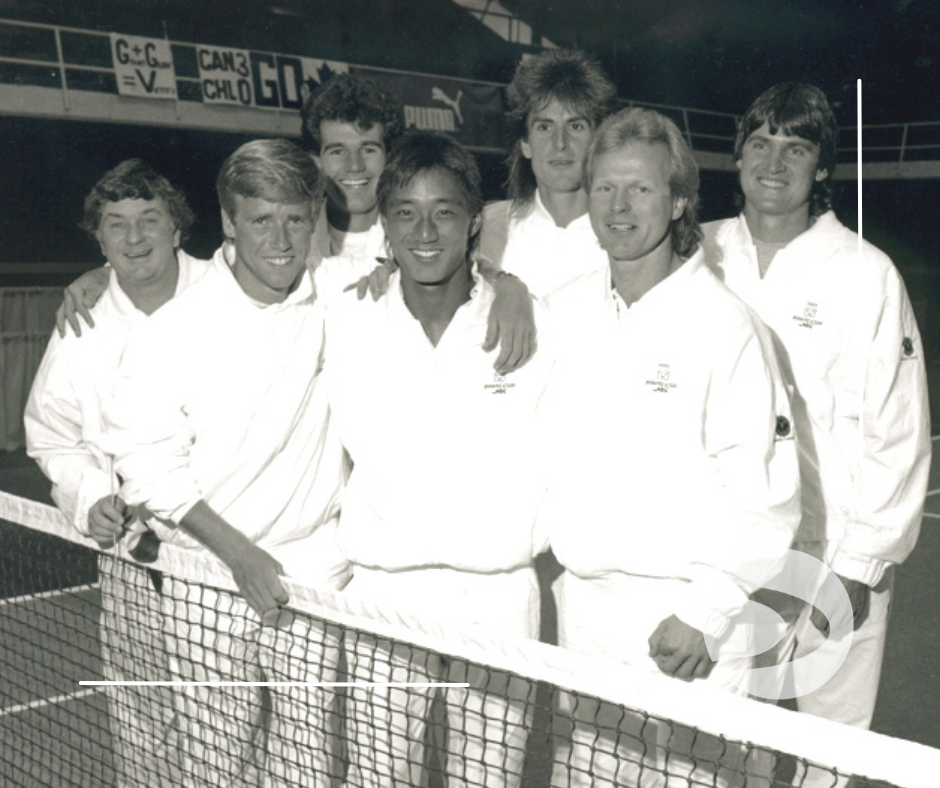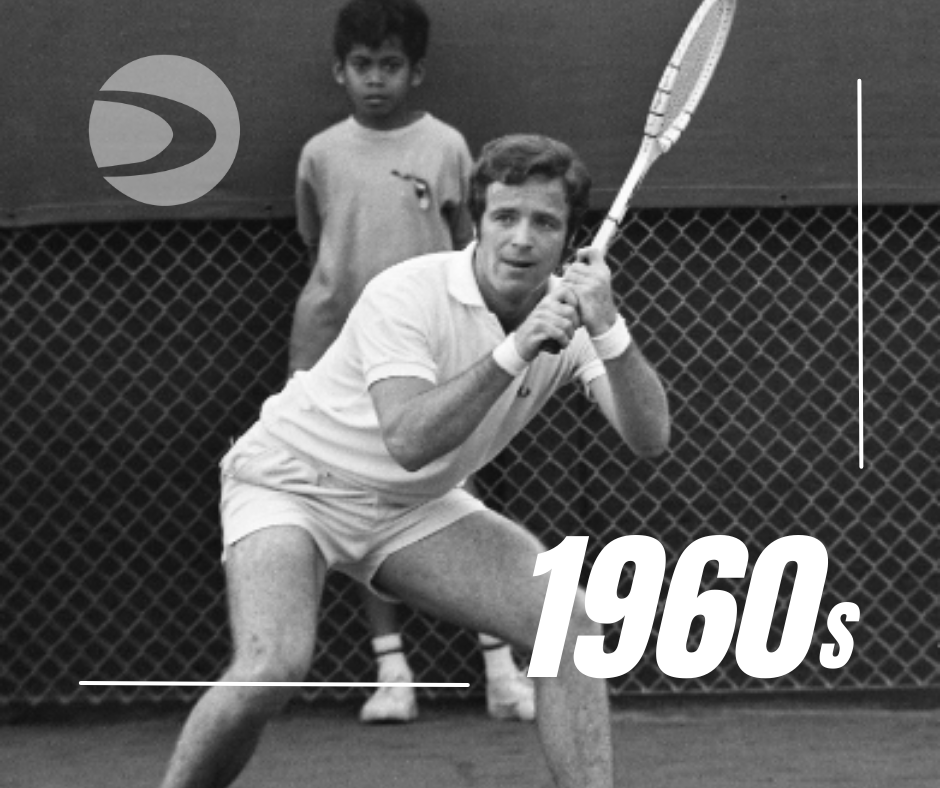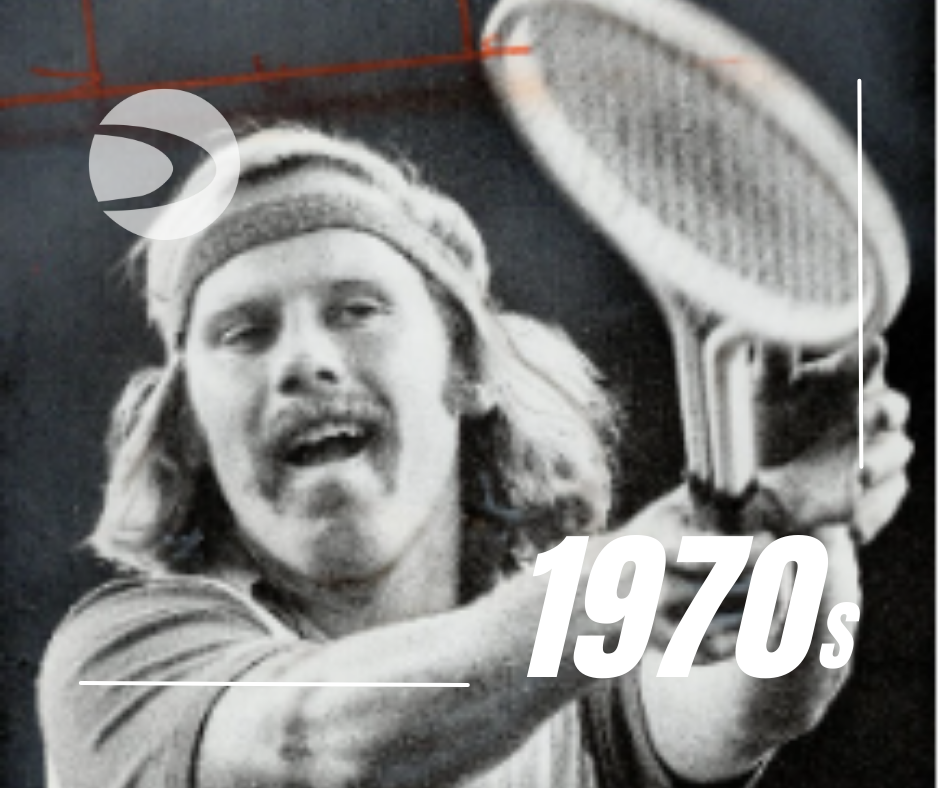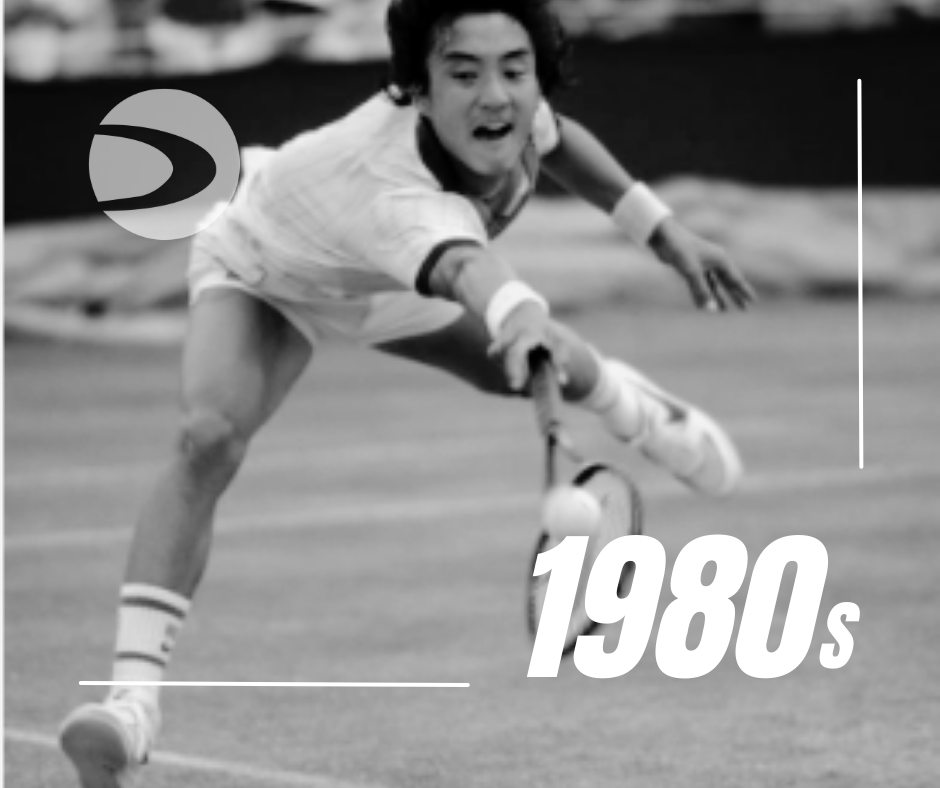BY DOUG BURKE, ALL CANADIAN SPORTS MANAGEMENT
Doug: Welcome to Burlington Mary-Joe and Nico – thank you both so much for being here. We all know Mary-Joe and the story of her successful tennis career; fourth in the world, Olympic gold medalist, double team grand slam champion and renowned TV commentator. Mary-Joe is joined with her son Nico who is taking part in the ITF – J3 that we are having here at Cedar Springs.
Mary-Joe: Thank you, it’s great to be here – it’s our first time in Burlington. It’s really pretty and everyone has been so nice and this club is wonderful.
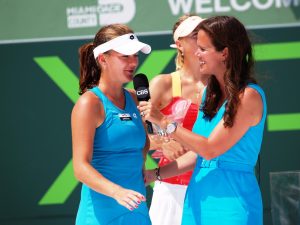
Doug: I’m sure in your career you’ve been to Canada many times, I know you’ve played the Canadian Open. – How does it feel to be back?
Mary-Joe: It feels great, Toronto and Montreal were two of my favorite tournaments to play right before the U.S Open. This was a great opportunity to come back and visit again and it’s been fun traveling with my son and watching him go through the juniors and all of the competitive tennis out there.
Doug: You’re here with your son Nico and his tennis journey. We know he’s a really good player, he is still going strong, travelling and playing events all around the world. Obviously, you’ve gone through this same journey yourself in your tennis development. – Can you tell us about his journey and what are some of his aspirations?
Mary-Joe: I’m sure Nico can answer that *laughs*

Nicholas recently (January 25-29) won an ITF J1 event in Salinas, Ecuador. His ITF world junior ranking is now up to #25
Nico: I want to see how far tennis can take me. My goal is to obviously go professional. If college is a pathway to do so, I look forward to going to school. If not, and I improve tremendously over the next year, maybe I won’t go to college, but I doubt that will happen. My goal since I was little and my dream is to play professionally.
Doug: Wonderful. Mary-Joe, in terms of your development you went through in juniors were you based out of an academy?
Mary-Joe: No, I grew up in Miami Florida and it was a great place because the weather was good, great competition, great coaches. I competed in tournaments every weekend, my parents drove me all up and down the state.
They didn’t really travel outside of the state that much until I started playing some nationals. Back then was very different from now on both sides, but especially on the women’s side. After I won the Orange Bowl, I turned pro – I was 14 and I then stayed and graduated high school when I was about 18, that’s when I started to play full-time on the pro circuit.
Doug: In terms of Nico’s journey – have there been a lot of similarities to yours?
Mary-Joe: It’s been fun for me – I love the game. The game has given me so much and I wanted both of my children to play the game and learn the skill of tennis. My daughter is a little bit older; she played a little bit when she was young (junior tennis) which she didn’t like very much, she liked team sports better. – Which was totally fine, but I told her you still have to have a skill and I’m happy she stuck with it and ended up playing some high school tennis which was great.
Then Nico loved it. Nico loved it from the beginning and it’s been great to see his progress and to see his determination. I see similarities that he’s really putting the time and the effort whether it’s on the court hitting a lot of balls or in the gym. This is something I did very rigidly and focused on the court and in school and he does the same thing.
Doug: So you felt that a lot of the motivation he has internally as well. He loves the game and it’s something you enjoy.
Nico: Yes, for sure.
Doug: I know it’s difficult to make comparisons as there are different challenges at different times, but how would you compare some of the challenges that Nico faces now, compared to the challenges that you faced?
Mary-Joe: Well, I think the sport has become so international now. When I first came on the tour, I think half of the top 100 players were American on the women’s side, and now tennis has become a very global competition. Every five to seven years it gets faster, stronger you know – just better. There’s just a lot more competition than when I played. I talk sometimes with my colleague Chris Evert at ESPN, she’ll tell me she could get through the quarters easily without having to really stress, whereas now you see people have to be ready on day one – you get the top players losing early all the time. For Nico, it’s tougher because there is more competition and more people playing.
Doug: With those intensified challenges and obviously the competition is much greater and world-wide game has become so international and diverse. How do you see in terms of managing those challenges – is it to get as much experience you can from competing?
Mary-Joe: That’s definitely part of it. I mean, I think, and a message I always try to get across when I was an (inaudible 3:44) Captain and an Olympic Captain was there are very few things you can control on the tennis court. – But two things that I think are really important for everyone; you can control how fit you are, what type of shape you are in – that is all within your power and in your attitude. You have total control of how you present yourself and how you react when things aren’t going well.
I think to deal with the challenges of how great the competition is now; you have to really focus on what you can control. You can control your training, your diet, your psyche a little bit – This seems to be becoming more important for players to practice and visualize. Tennis is hard as you know, only one person wins each week. In an individual sport you have to have thick skin and you have to trust the process, trust you are working on the right things, the right amount of hours – but if you can control how fit you are and have a good attitude, that can take you a long way.
Doug: Do you think that the college route continues to be a viable route to get to the pros?
Mary-Joe: Now I do, not as much as when I was coming up. Again, men and women were very young, they weren’t as fit and strong as they are now, so you saw players peaking as teenagers or early 20’s – whereas now, look at the longevity, look at the top players in their mid to late 30’s. You’re seeing a lot of players play well into their late 20’s so I really feel that college is a good stepping stone for many players to get some structure. I’m big on education, I think it’s very important to have an education. Even if you’re healthy and you have a long career it’s still kind of short, you want to be set up for after. You have to balance it but I think the environment is a good one.
Doug: Do you think the values that come along with playing tennis at this level, along with the values instilled in Nico; discipline, willingness to work hard and coming back each day and continuing to keep going – do you think these are important values in life?
Mary-Joe: Very important. Sports in general give you those values and both of my children played a lot of sports early on, but tennis first hand yes – the attributes you said really builds character, discipline, hard work, team work. So many of the many important characteristics you need to succeed in life – you learn from a sport like tennis.
Doug: Thank you so much Mary-Joe. Congratulations on an outstanding wonderful career, and congrats on your son Nico. I wish you both all the best on your future endeavors and keep going strong this week – anything you need let us know.


